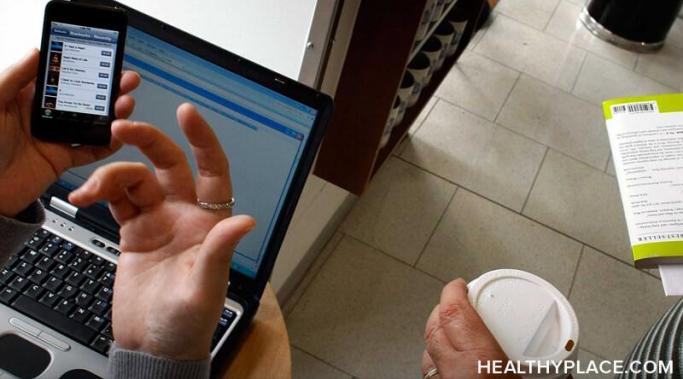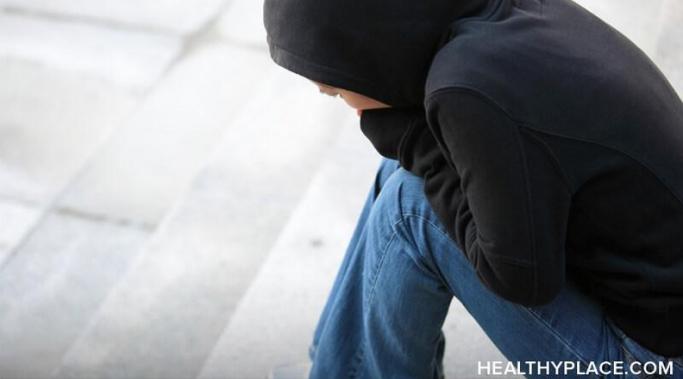So much is uncertain and anxiety-provoking right now, but one thing is certain: kids experience anxiety during this COVID-19 pandemic, too. Not knowing how to help your kids with anxiety can be frustrating, and right now, when you might be dealing with anxiety of your own about the ever-changing COVID-19 scare, wondering how to deal with anxious kids can be challenging. Happily, there are ways you can help your kids deal with their anxiety and increase the mental health and wellbeing of everyone in your household in the process. Here are some insights from my own experience as a parent and former high school teacher and counselor. I can help you help your kids who have anxiety from COVID-19.
Anxiety Management – Anxiety Schmanxiety
This post explains how the coronavirus is impacting my anxiety. I’m sure most of you (and you can include me in this group) are sick and tired of reading about this, and would rather focus on something else. Yet here we are, so I’ll at least do you the courtesy of being brief. Basically, I’m discussing how this coronavirus thing we’re all going through is impacting my anxiety.
Anxious thoughts can be overwhelming, crushing, and exhausting. Cognitive behavioral therapy and other similar therapies teach that anxious thoughts are frequently more problematic than an actual anxiety-provoking situation. Problems do exist--we aren't making them up--but what causes us great stress and anxiety is how we think about the problem.
Coronavirus disease of 2019 (COVID 2019) crept into our world insidiously, and initially, global anxiety blipped but didn't skyrocket. Recently, amidst reports on traditional and social media--some factual and some fear-based, speculative rumor-- anxiety and panic have surged. Imagine what your life in this moment would be like if you could reduce your anxiety right now. While I do take COVID-19 and its effects seriously, I'm not all that worried about it. My current anxiety is low because I'm using the COVID-19 scare as an opportunity to cultivate calm. I'd like to show you how so you can decrease your own anxiety despite the serious nature of this situation.
The idea of “self-care” for your mental health is a concept that’s thrown around so much lately that it could be considered an obnoxious buzzword. With good reason, whenever a term reaches the “obnoxious buzzword” status, certain segments of the population are inclined not to take it seriously. I don’t want this to happen with the idea of self-care for your mental health, because it is honestly among the most important things you can do to if you’re stricken with anxiety.
Overstimulation causes anxiety. Everywhere you go, everything you do, your brain takes things in. This is good. It means you're alive, alert, and active. However, the constant barrage of stimuli can work against you when "everything" becomes too much. Constant input from the world around us leads to thoughts, interpretations, and emotions and can keep us feeling keyed-up, on edge. This causes a pervasive sense of anxiety that can be vague and hard to pinpoint. Anxiety due to overstimulation can be exhausting and sometimes even debilitating. Knowing why this happens and how to refocus can reduce anxiety and leave you feeling a much-needed sense of calm.
Last week, I made an introductory post about the fire that struck my apartment last month, and what to do to keep your anxiety at bay if such a catastrophe were to happen to you. I mentioned that there would be no way to contain all I would want to say to one post; this is my first continuation of that theme.
You can beat anxiety long-time no matter how strong it is or how much it is interfering in the quality life you want to live. While there are things you can do to feel better immediately when anxiety strikes, such as practicing mindfulness in the moment, visualizing something calming, deep breathing, using movement like yoga, brisk walking, or other exercises and more, there are other strategies you can adopt as part of your regular perspective and behavior to beat anxiety long-term. The following three strategies are effective ways to lower your anxiety and keep it out of your way for life.
I've survived a catastrophe, and I've learned to cope with the anxiety from it. You see, a few weeks ago, a major fire started in my apartment. In the aftermath, I lost my place to live, lost almost all my possessions due to smoke damage, and came uncomfortably close to losing my life from smoke inhalation.
Are you impatient to get rid of anxiety? On a scale from one to 10, with 10 representing "immediately," how soon do you want your anxiety gone? There was a time in my life that my own number was off the charts somewhere in the billions. After all, anxiety is a horrible thing to live with, all-consuming and confining. While it's natural to be eager to get rid of anxiety, unfortunately, impatience can be a big cause of anxiety. Let's shift away from getting rid of anxiety and examine impatience itself to see how it just might be making you more anxious. Then, as you cultivate patience, anxiety will shrink in the process.









